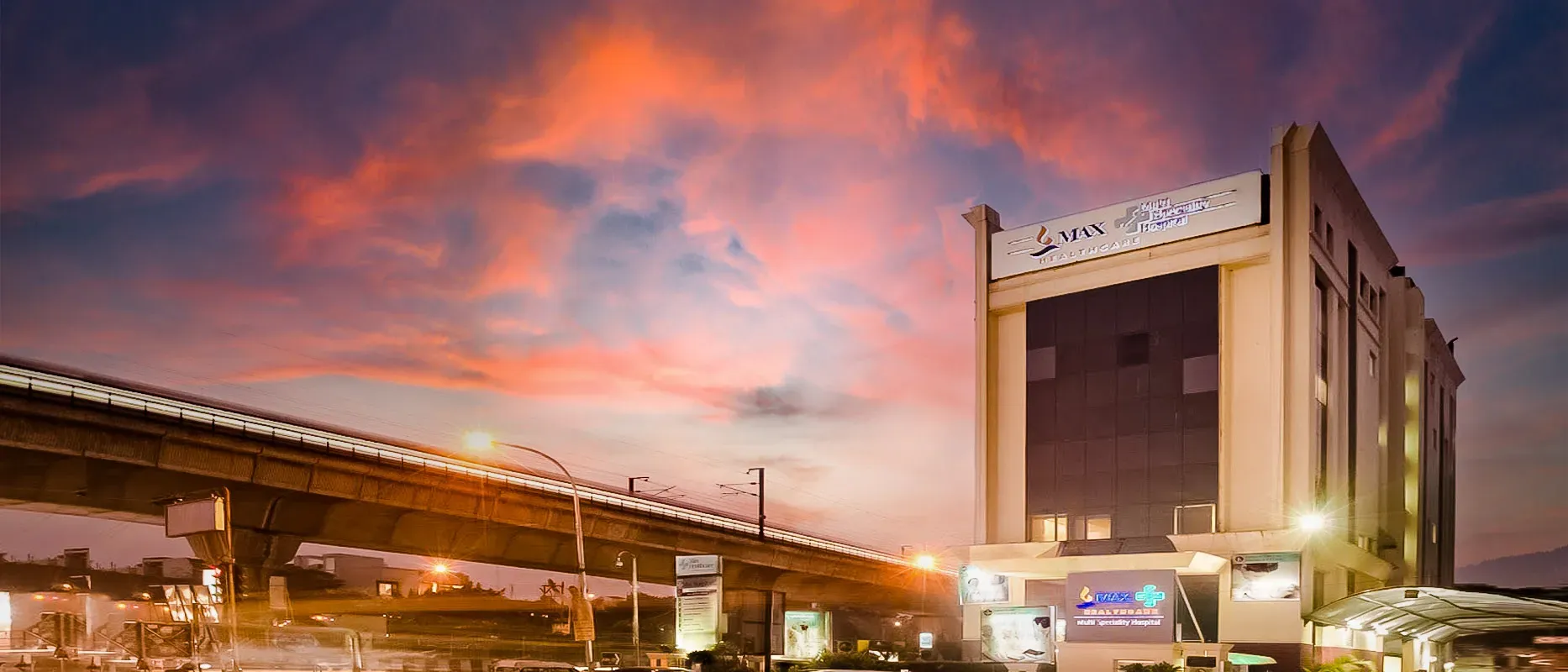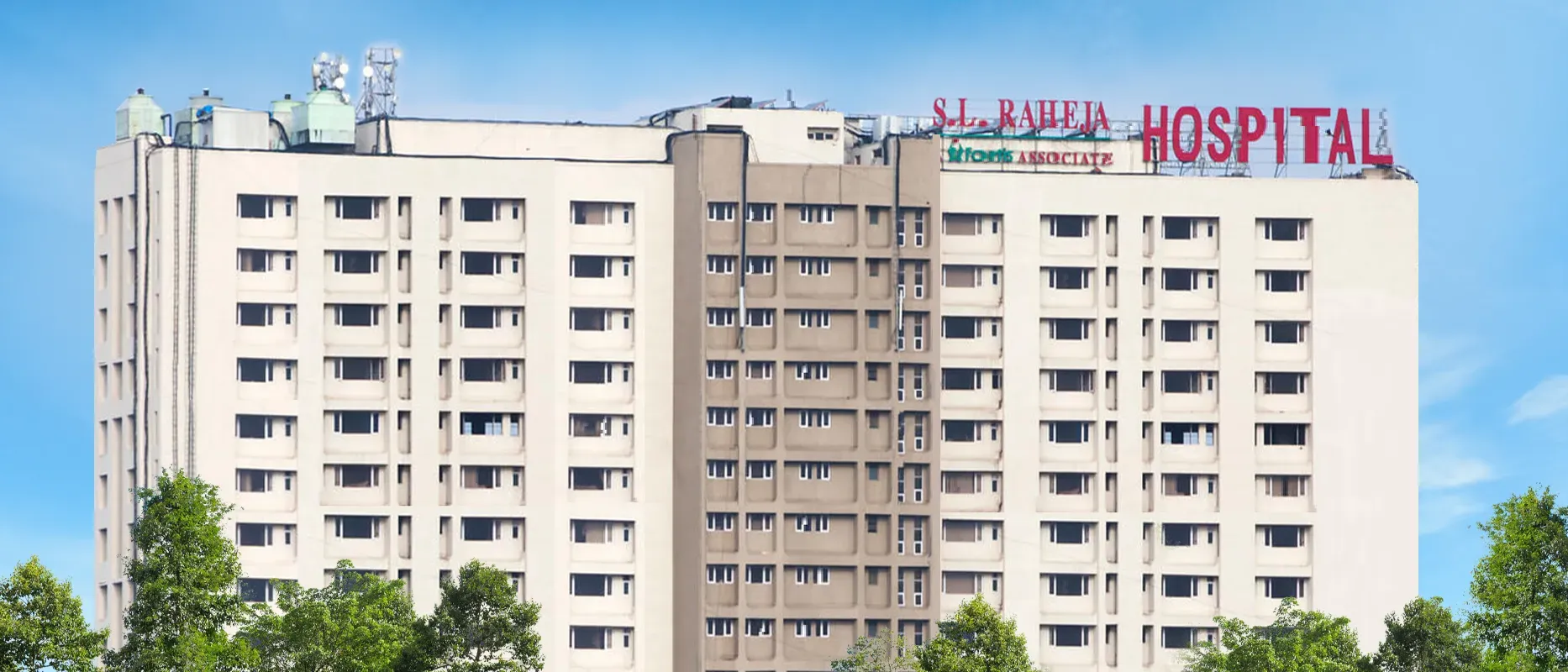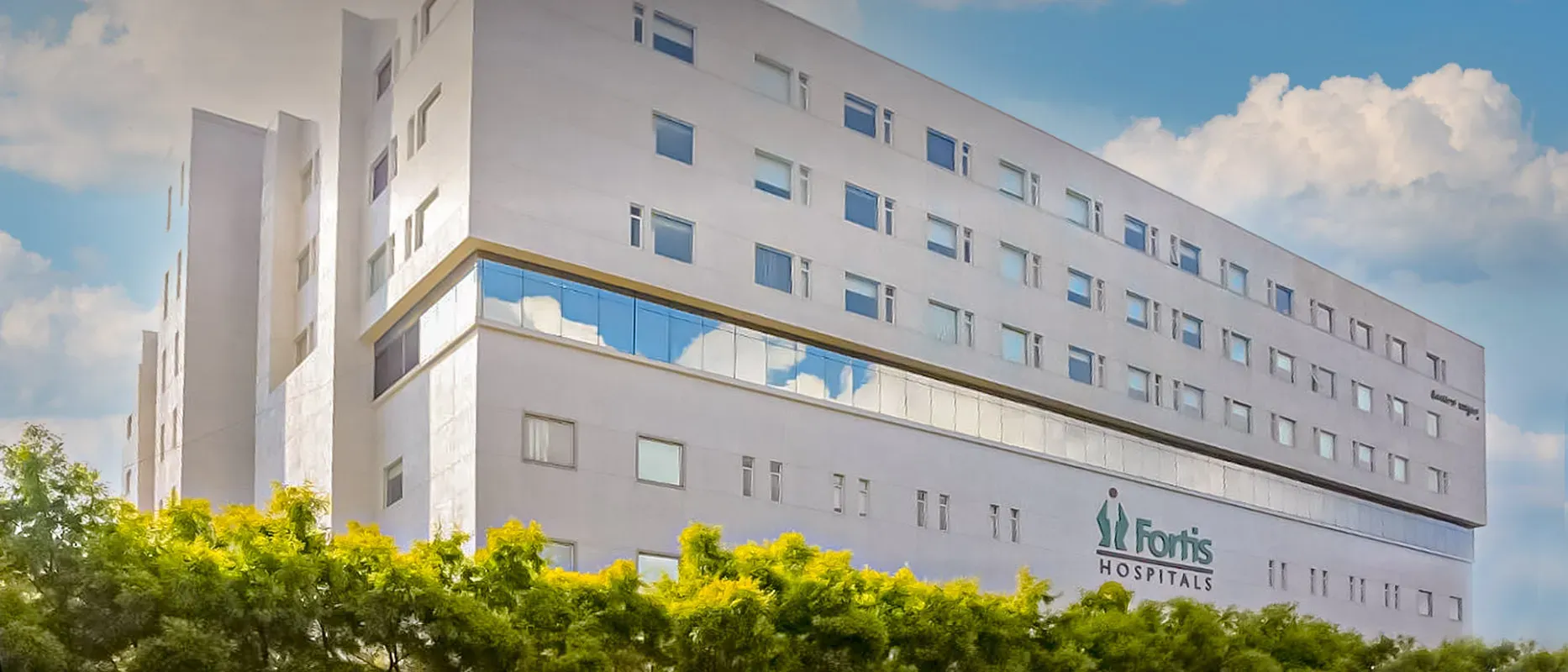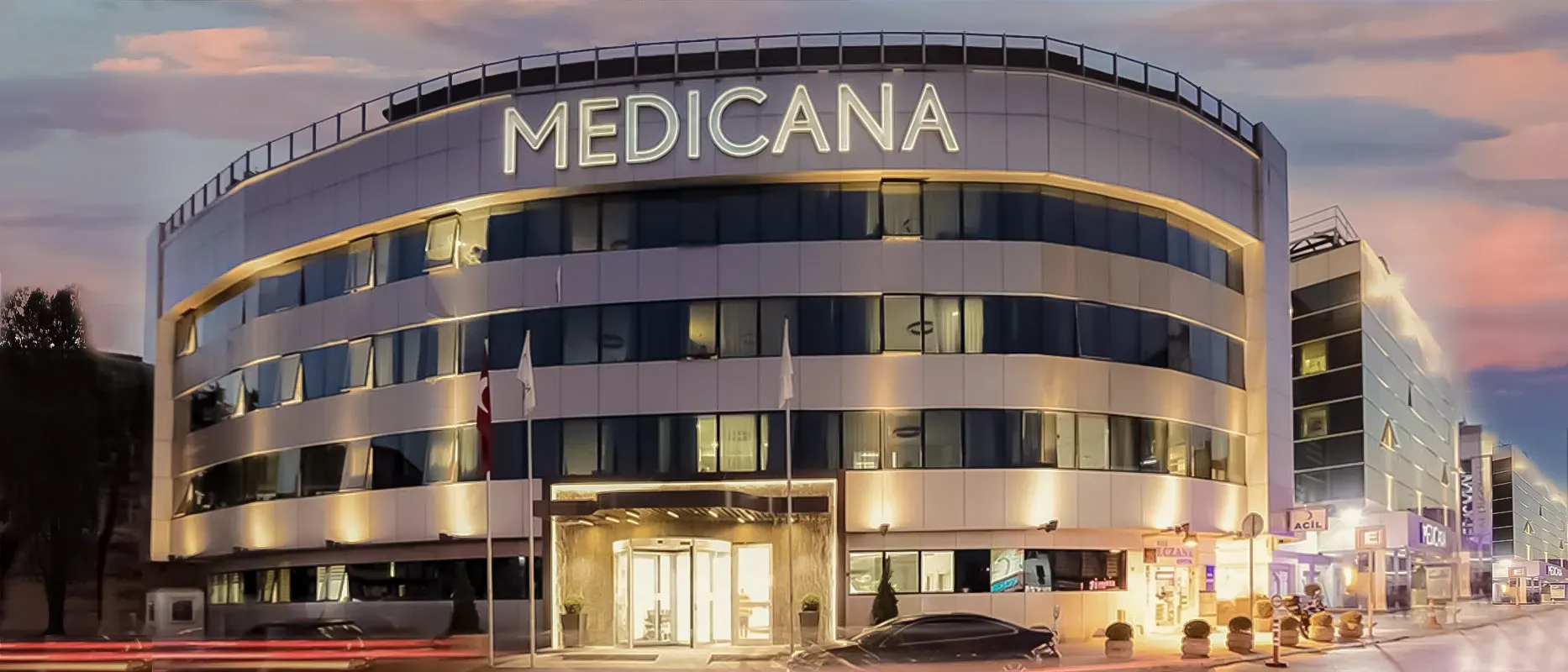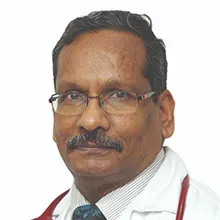Overview of Radical Nephrectomy Treatment India
If your doctor has advised you to get a radical nephrectomy done, this is the right place for you to get all research done and note down the important information. A healthy kidney is fundamental to good health. It is the kidney that helps you excrete the waste from your body and maintaining pH, as well as potassium levels. However, due to some poor lifestyle habits or genetic history, kidney cancer has become one of the most prevalent illnesses at present. The good news is that medical science has also found out some effective forms of treatment.
Radical Nephrectomy is one of the common surgeries done to remove the part of the kidney that is affected by a cancerous growth or tumor. If you have been advised to get this surgery or you are diagnosed with a kidney tumor, you have come to the right place. Here are some crucial details about Nephrectomy that you would want to know.
Some of the most common kidney conditions for which nephrectomy is recommended are given below:
01. Kidney cancer
02. Chronic kidney infection
03. Polycystic kidney disease
04. Shrunken kidney
05. Renal stones
06. Wilms tumor
07. Transitional cell cancer
Types of Radical Nephrectomy Treatment India
Types of Nephrectomy: Partial Nephrectomy Vs Radical Nephrectomy
Partial Nephrectomy involves the removal of only the diseased part of the kidney whereas Radical Nephrectomy means that the entire kidney is removed in addition to a part of the ureter, adrenal gland and some fatty tissue around the kidney. If both the kidneys need to be removed, then it is knowns as bilateral nephrectomy.
The right type of surgery for a patient depends upon the size and location of the tumor. The first preference of a surgeon is usually to remove the cancerous part and then to save the maximum part of the kidney. Some other factors to be considered while deciding are the complications, chances of recurrence and challenges while doing the procedure.
Radical Nephrectomy Procedure
Before the surgery
You will go through a detailed medical evaluation before the surgery takes place. This evaluation includes a detailed medical history, blood tests to check the presence of any infection, CT/ MRI scan of the kidney to check the condition of the tumor. It is imperative to inform your surgeon about every single detail related to your previous medical history, the treatments you have undergone or any medications that you are currently taking. Your surgeon may ask you to stop taking certain medications that you are already taking. You will also need to stop smoking and drinking alcohol a week before the surgery.
During the procedure
The radical nephrectomy procedure starts by administering general anaesthesia so that you fall asleep during the surgery. Usually, there are two types of approaches to perform radical nephrectomy. The first approach is by making an incision in the abdominal wall and has direct access to the kidney. The second approach is laparoscopic surgery in which small incisions are made near the abdomen which is just enough to insert wand-like instruments. These instruments have a camera so that everything can be seen by the surgeon on the screen.
Another way of performing laparoscopy surgery is by the robot-assisted system. This provides better images and more precision & accuracy during the surgery. Some of the advantages of laparoscopic surgery are that it leads to lesser trauma to the tissues, lesser risk of complications and faster recovery as compared to open surgery. However, to perform laparoscopic surgery, the surgeon needs to have adequate skills
After the surgery
Immediately after the surgery, you are kept under observation to monitor your blood pressure, pulse rate and all other vitals. After your condition gets stable, you will be shifting to a general hospital room. Most of the patients experience pain in the first few days after the surgery, especially at the incision sites. This is managed by administering intravenous pain medications or oral pain-relief pills. One may also feel minor shoulder pain for 1-2 days. This is associated with the carbon dioxide gas that is used to inflate the abdomen during the surgery.
Your radical nephrectomy recovery time and the length of hospital stay is determined by your general health, response to the surgery and type of surgery performed. You will need to have a urinary catheter for some time during the surgery. Before the hospital discharge, your doctor will have a detailed discussion with you regarding the restrictions and precautions that you will need to take. At this time, you can ask any questions regarding your recovery from the doctor.
The doctor will ask you to do simple breathing exercises to prevent the occurrence of any respiratory infections with the help of an incentive spirometry device. Deep breathing is highly significant in preventing pneumonia and other complications related to the lungs
Diagnosis of Radical Nephrectomy Treatment India
Tips to take care of your kidney post-surgery
01. You will be encouraged to eat light, fresh and healthy food.
02. You should also engage yourself in physical activities.
03. Regular check-ups as advised by the doctor
04. Regular monitoring of important vitals related to kidney function such as blood pressure, protein urine levels and waste filtration.
05. Consult your doctor if you notice any usual symptoms
Risks and complications
In some cases, there are chances of complications such as bleeding, infection, post-operative pneumonia, allergy to anaesthesia, or failure of the surgery. In some patients, there may are chances of recurrence of cancer.
Symptoms and Risk factors
Results
As per the statistics, most of the patients become free of cancer for up to 5 years after the surgery. The problem is that since those patients are only left with one kidney, it gets more prone to having chronic kidney disease. Additionally, there are increased chances of cardiovascular disease from reduced kidney function.
The lifelong vision of Radical Nephrectomy
If you have one kidney that is healthy and functional, it can perform all the needed functions. However, you will need to follow strict dietary restrictions and other recommendations given by your doctor. However, if both the kidneys are removed, the person will need either a transplant or dialysis
Top Hospitals for Radical Nephrectomy in India
Shaping the future of the healthcare institution and establishing the path to accomplishment.
Kokilaben Dhirubhai Ambani Hospital and Medical Research Institute Mumbai,India
Book Appointment
Top Doctors for Radical Nephrectomy in India
Empower your Health with the Expertise of Leading Medical Professionals.
Treatment Costs for Radical Nephrectomy
Be the change and be an opportunist in transforming healthcare.
How it's Works
Guiding your Journey from Discovery to Treatment Planning and Beyond.
Discovery
Get a consultation to discover about your treatment
Pre-Treatment
Admission to the best hospital and all pre-treatment facilities
Post Treatment
Get post-treatment follow-up care with medicine fulfillment
Treatment Planning
Hassle-free treatment planning with package & cost estimations
in-treatment
world-class quality procedures and equipment for treatment













